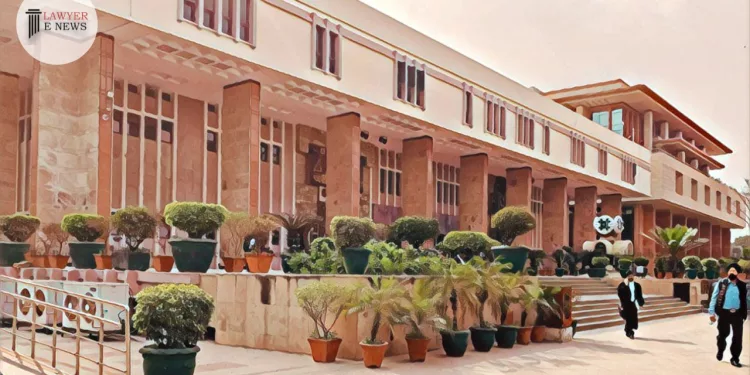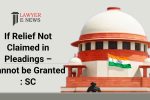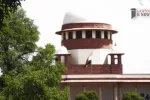CBI’s Deputation Decision: Recruitment Rules and Past Actions Govern Absorption Eligibility: Delhi High Court

In a recent judgment, the Delhi High Court upheld the Central Bureau of Investigation’s (CBI) decision regarding the deputation and absorption of an officer, shedding light on the importance of adhering to recruitment rules and an individual’s past actions.
The High Court observed that the petitioner, who applied for the post of Deputy Superintendent of Police (Dy.SP) in CBI on both deputation and absorption bases, had not challenged the earlier decision of non-appointment on deputation. Instead, he applied for the same position when it became available again.
The Recruitment Rules allowed for the filling of 10% of Dy.SP posts in CBI through deputation or absorption. The Interview Board found the petitioner fit for deputation but not for absorption. No allegations of malafides were raised against the Board members.
The Delhi High Court emphasized that the petitioner’s conduct showed his preference for deputation, as he had applied for it without protest. Furthermore, the maximum period for deputation was five years, but the petitioner had continued for nearly ten years.
The judgment underscored that absorption is a policy matter, but there must be justifiable reasons for rejection. In this case, the petitioner’s non-absorption was consistent with the Recruitment Rules and not arbitrary.
The court cited the judgment in Kunal Nanda, emphasizing the need for justifiable reasons for rejection in deputation cases. It also referred to the judgment in Rameshwar Prasad, highlighting that a deputationist cannot seek absorption as a matter of right unless there are statutory rules governing it.
The court concluded that the petitioner’s claim was dismissed, as the Recruitment Rules and his own actions supported the decision not to absorb him.
This judgment serves as a reminder of the significance of following recruitment rules and past actions in determining eligibility for absorption in deputation cases.
Date of Decision: 19 OCTOBER 2023
Sudhir Kumar vs Central Bureau Of Investigation & Anr.






